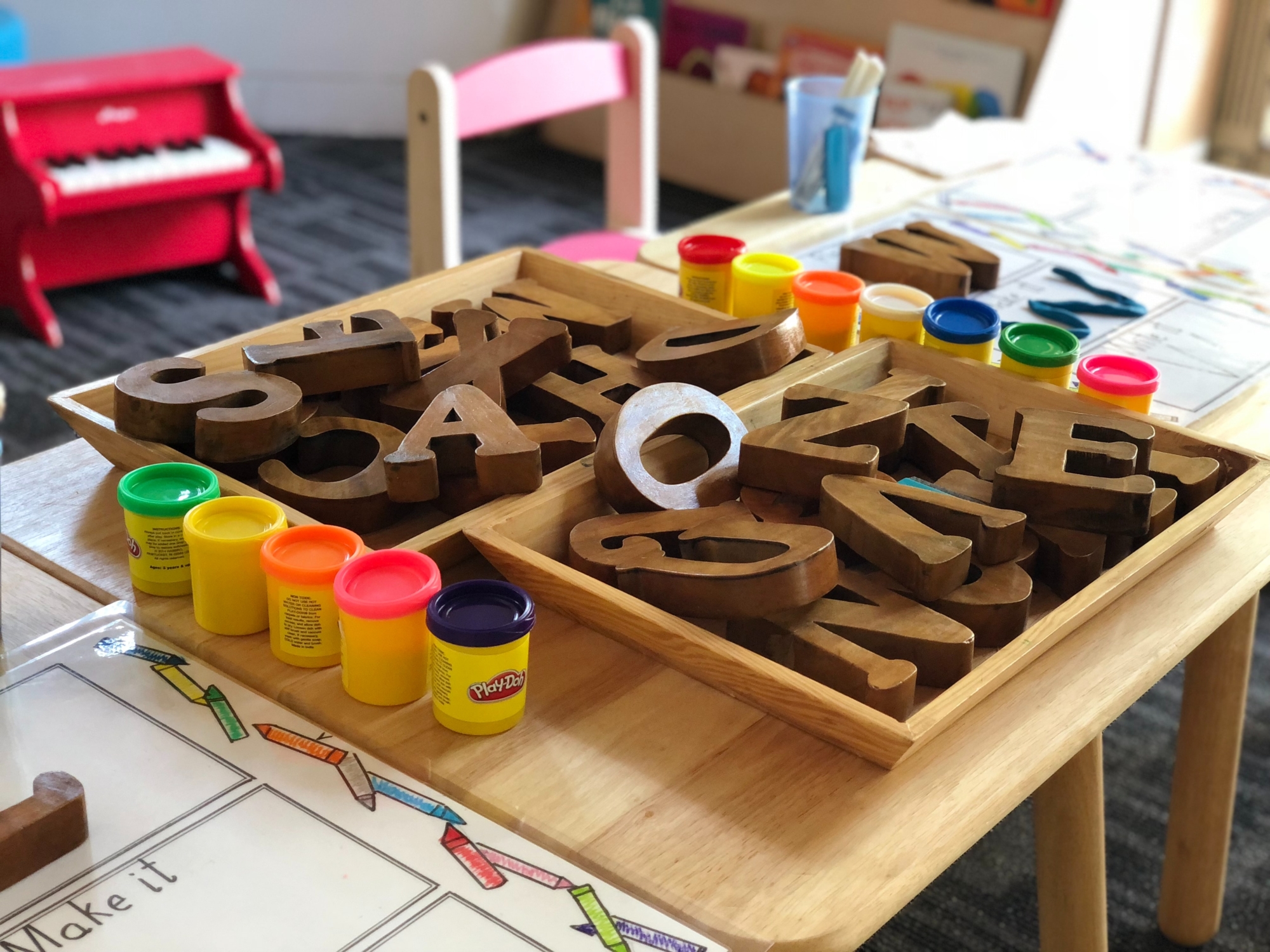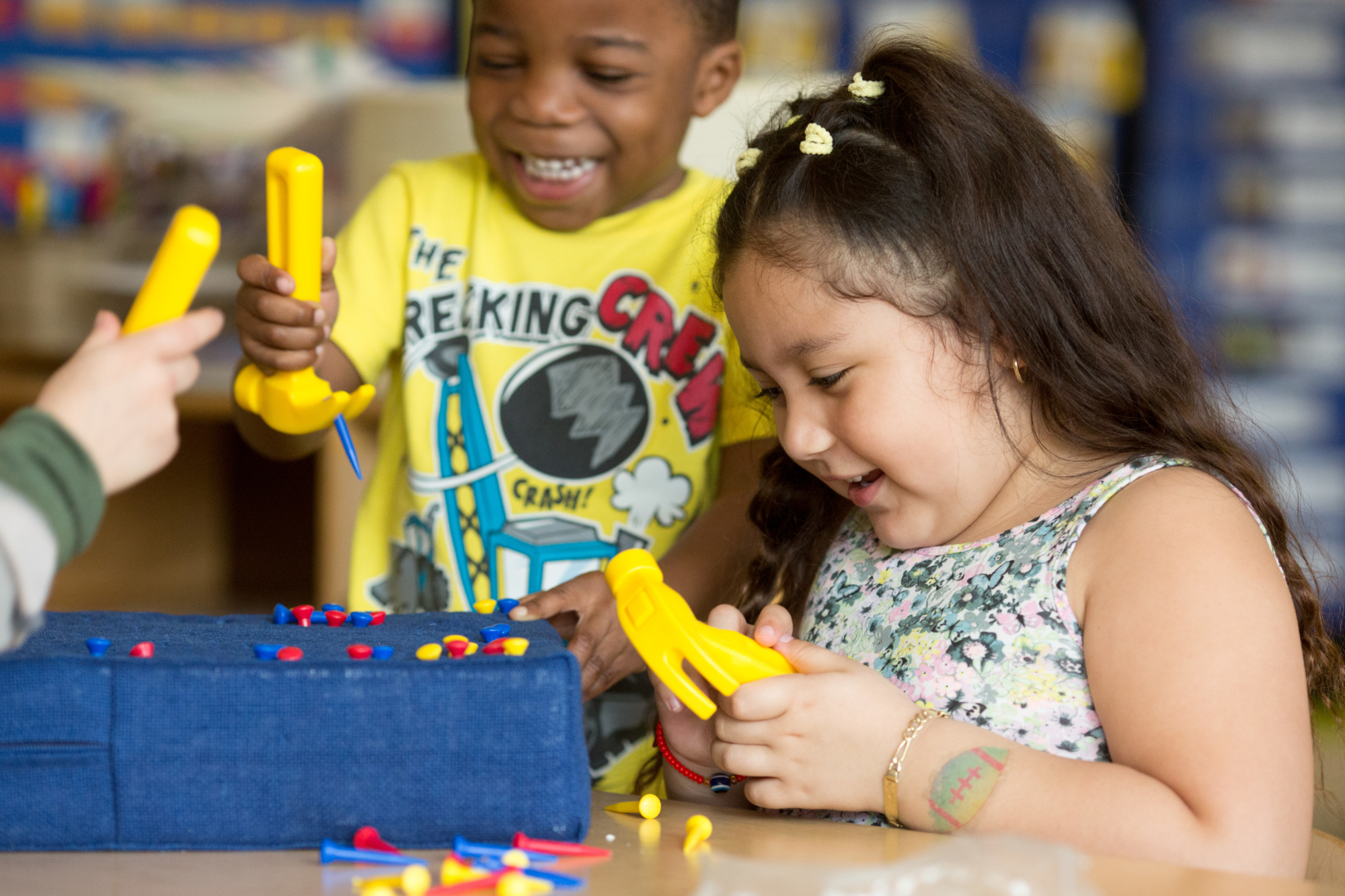After a year of pivoting, it may well be time for a stretch. Whatever instructional calisthenics educators encounter in 2021, flexibility will be key. As districts hasten to complete learning acceleration plans to secure Assembly Bill 86 or American Rescue Plan funding, it is important to remember the role that intentional planning has in ensuring inclusion for the success of all students. The California Coalition for Inclusive Literacy (CCIL), led by Universal Design for Learning experts at CAST, supports districts at a time when “the myth of average” will not be more apparent.
As students return to school sites, they may come having experienced trauma, loss, triumph, growth, or all of the above. CCIL, a partnership between the California Department of Education (CDE), CCEE, and five county offices of education, provides professional learning to help districts and educators anticipate learner variability and proactively design instruction to minimize barriers. This three-year initiative, funded by the Special Education Educator Workforce Investment Grant, focuses on practical implementation of UDL to maximize choice and provide multiple means of access to content for students during instruction.
Through a tiered service model of universal, targeted, and intensive technical assistance, CCIL fosters inclusive educational and literacy practices in both general and special educational settings.
Universal Supports: CCIL’s universal supports ensure that educators across California can acquire the essential knowledge to provide access to grade-level content by supporting literacy within general education settings. Resources such as the Learning Designed instructional platform, free webinars, podcasts, graphic organizers, and lesson planning templates will all increase the capacity of your teachers and paraprofessionals to provide supports for all students, but especially to English learners and students with disabilities.
Targeted Supports: Teams of educators from districts and schools will engage in cycles of professional learning activities throughout the school year, including county-led training days, professional learning communities, and personalized workshops. Deeper work includes collaborative classroom observation protocols, sharing of demonstration lessons, resource creation using Lesson Design Studios, and opportunities to earn credentials through self-paced learning modules.
Intensive Supports: COE/SELPA coaches in five counties will spend three years diving deeply into CAST’s model of universally designed inclusive literacy development. These coaches will learn to facilitate innovative professional learning opportunities that build the internal capacity of COEs to scale and sustain their work across districts and into other counties.
“When a flower doesn’t bloom, you fix the environment in which it grows, not the flower.”
– Alexander den Heijer –

AUTHOR
Elise Yerkey,
Implementation Specialist,
CAST
RESOURCES
Designing for Literacy Development in the Hybrid Classroom (Webinar Series)


